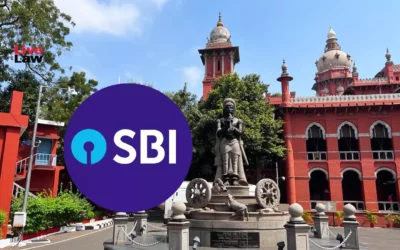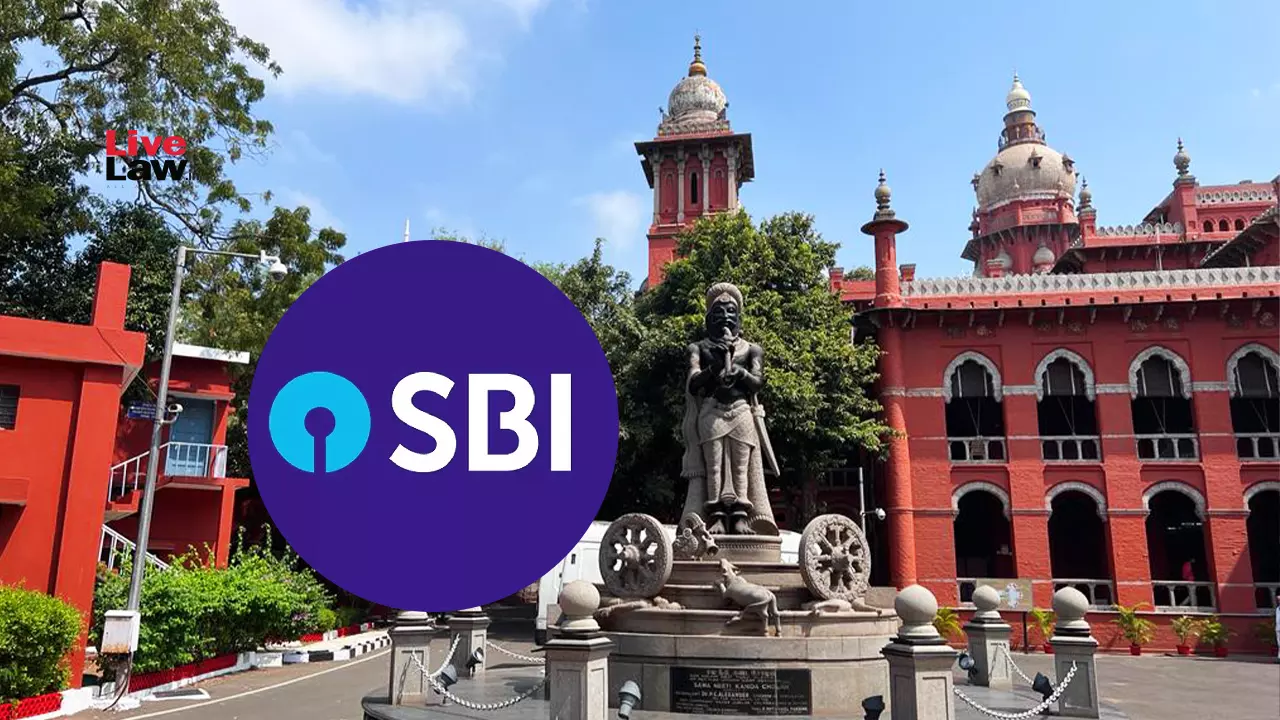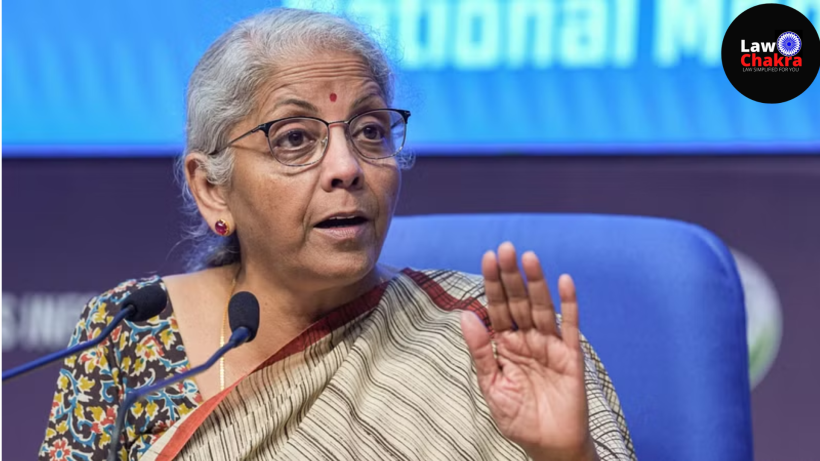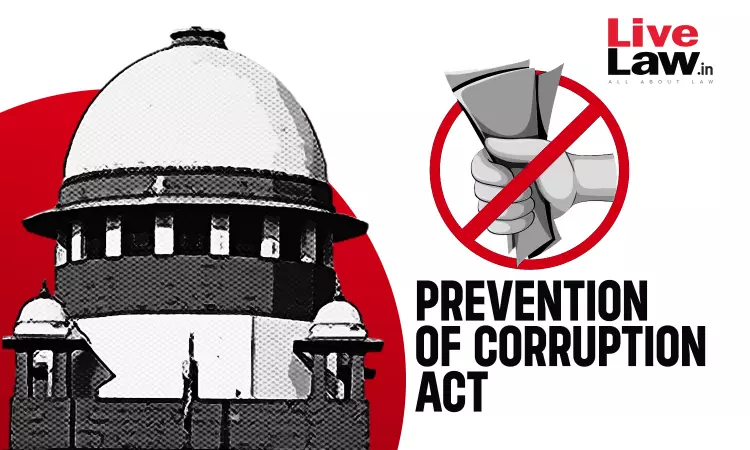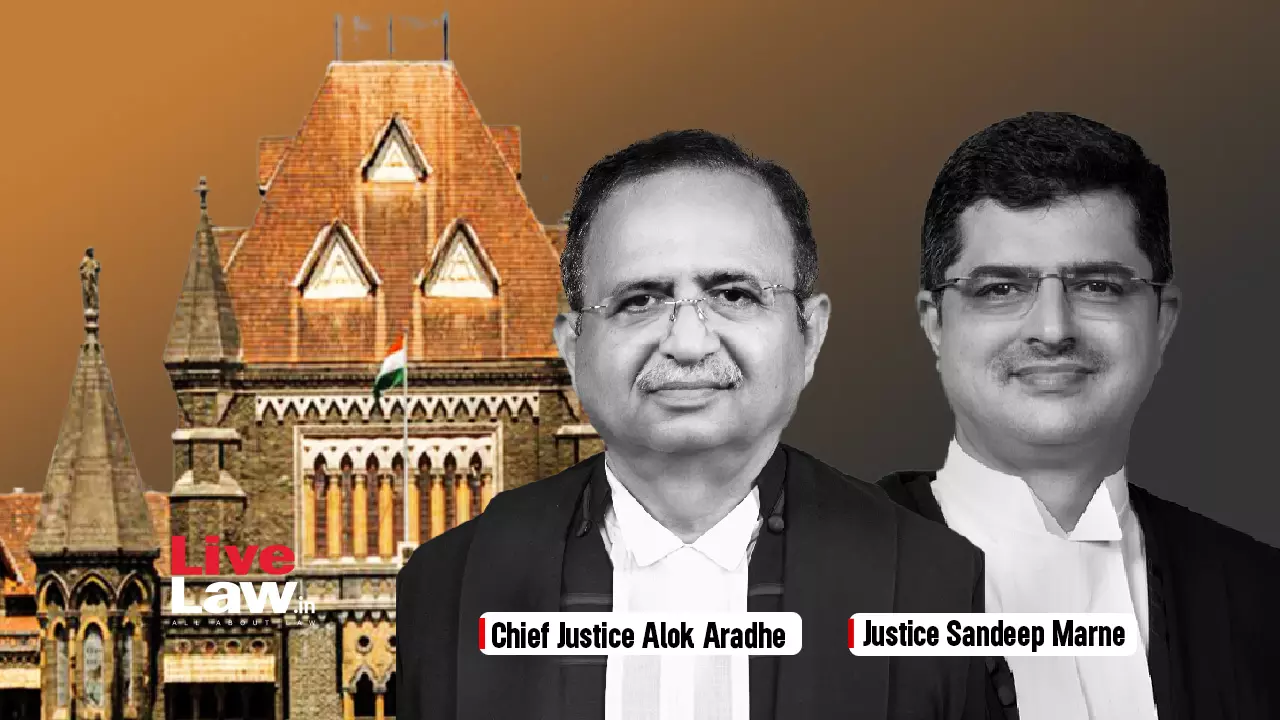Employees Can’t Be Forced To Stay Jobless Or To Return To Ex-Employer
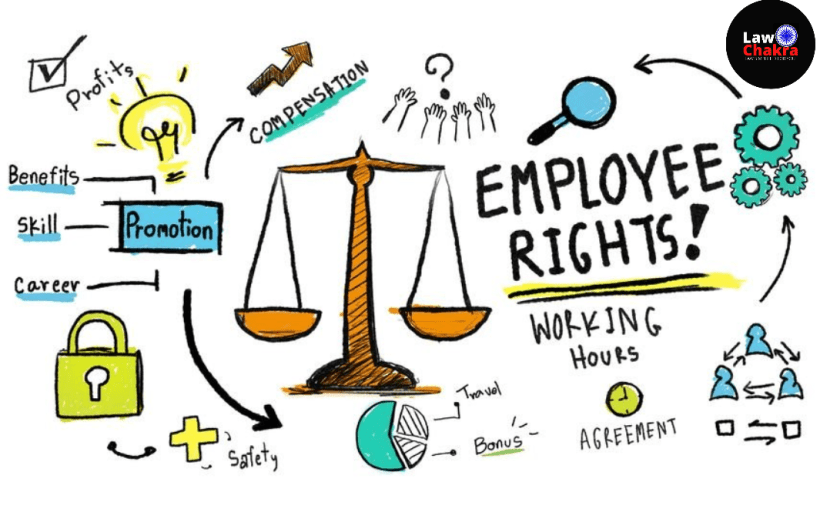
The Delhi High Court ruled that no employee can be forced to stay unemployed due to unfair job contract restrictions. The judgment clearly says that post-job non-compete clauses go against Indian law.
Thank you for reading this post, don’t forget to subscribe!
NEW DELHI: The Delhi High Court said that no employee should be made to choose between going back to their old job or staying jobless. The Court made it very clear that employment contracts with harsh restrictions after the job ends are not legal under Indian law.
These types of clauses are often forced on workers who have no option but to sign them to get a job, giving employers an unfair upper hand.
ALSO READ: BREAKING | CJI Gavai: “For Me Constitution Is Supreme, Not Parliament Or Judiciary”
The Court explained that under Section 27 of the Indian Contract Act, 1872, any agreement that stops someone from working in a legal job, profession, or business is not valid.
While cancelling a temporary court order (interim injunction) that was stopping a software engineer from joining a government client of his ex-employer, Justice Tejas Karia said:
“An employee cannot be confronted with the situation where he has to either work for the previous employer or remain idle…any terms of the employment contract that imposes a restriction on right of the employee to get employed post-termination of the contract of employment shall be void being contrary to Section 27 of the ICA.”
The software engineer, Varun Tyagi, worked at Daffodil Software Pvt Ltd from January 2022 to April 2025. During that time, he mainly worked on the POSHAN Tracker project through Digital India Corporation (DIC). This project helps improve nutrition for children all over India.
Tyagi’s job agreement had strict rules – like non-compete and non-solicitation clauses – that said he couldn’t work with any of the company’s business partners for three years after quitting.
After finishing his notice period, Tyagi joined DIC directly as Deputy General Manager on April 8, 2025.
ALSO READ: Legal to Fire an Employee in India? : Understanding Industrial Disputes Act, 1947
Daffodil Software was unhappy with this and filed a court case, saying Tyagi had broken his job agreement. The company asked the court to stop him from working at DIC and the National E-Governance Division (NeGD). On June 3, a lower court gave a temporary order that blocked Tyagi from working at both places.
When the High Court looked into the case again under Section 27 of the Contract Act, it said that Indian law is different from English law. In India, there is no difference between full or partial restrictions on a person’s right to work.
The Court said:
“The reasonableness and whether the restraint is partial or complete is not required to be considered at all when an issue arises as to whether a particular term of contract is or is not in restraint of trade, business or profession,”
-the Court explained.
The Court also referred to past Supreme Court decisions that clearly say restrictions are allowed only during employment, but not after the job ends. Any rules that try to control what a person does after leaving the job are looked at very strictly in Indian law.
ALSO READ: CJI Gavai: “Constitution of India Is Supreme, All Three Wings Of Democracy Work Under It”
The Court found that the intellectual property and confidential work done for the POSHAN Tracker project belonged to DIC, not Daffodil Software. So, any worry that Tyagi might leak secret information was wrong. The Court said:
“Hence, the apprehension of the Respondent that confidential information or intellectual property shall be shared with DIC is misconceived as the same already belongs to DIC.”
The Court pointed out that Daffodil Software was mainly providing manpower, not developing the core technology, and hence, their claim of protecting secret knowledge was weak.
Talking about the rights of employees, the Court highlighted that it is wrong to stop someone from finding a better job just because they know some company information. It firmly said:
“Freedom of changing employment for improving service conditions is a vital and important right of an employee, which cannot be restricted or curtailed on the ground that the employee has employer’s data and confidential information.”
In this case, the Court found that stopping Tyagi from working would hurt him more than it would help the company. If there was any loss or contract violation, the company could still ask for money (damages) later, but blocking his job was not fair.
So, the High Court removed the injunction, saying it was against legal principles in Section 27 of the Indian Contract Act. The Court also said that Clause 2.16 of the job contract – which stopped Tyagi from working with business associates – was an illegal restriction on his right to work, even if it looked like a small clause.
CASE TITLE:
Varun Tyagi v. Daffodil Software Private Limited.
Would You Like Assistance In Drafting A Legal Notice Or Complaint?
CLICK HERE
Click Here to Read Our Reports on Unfair Job Contracts
Click Here to Read Our Reports on EMPLOYEE RIGHTS
FOLLOW US ON YOUTUBE FOR MORE LEGAL UPDATES

